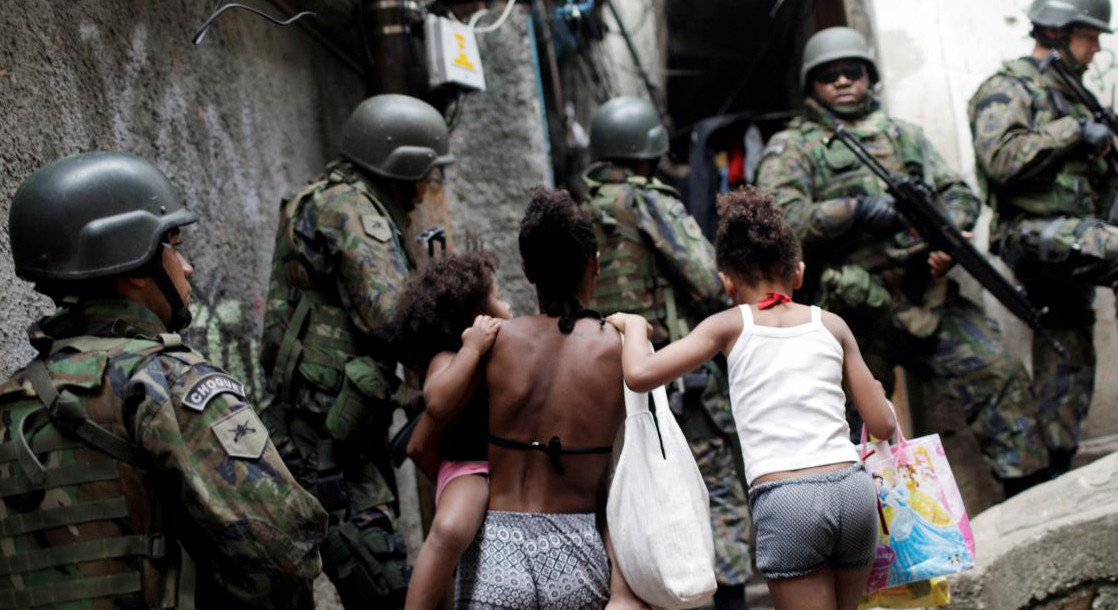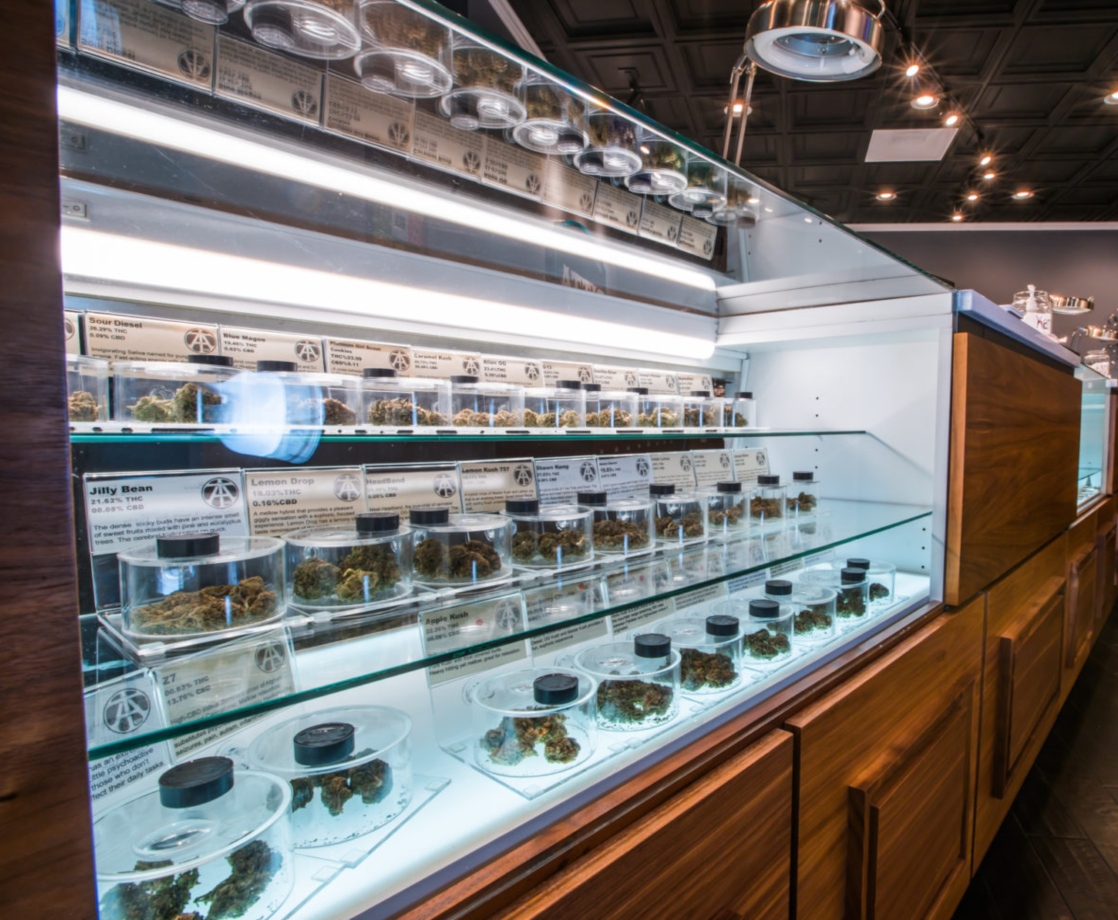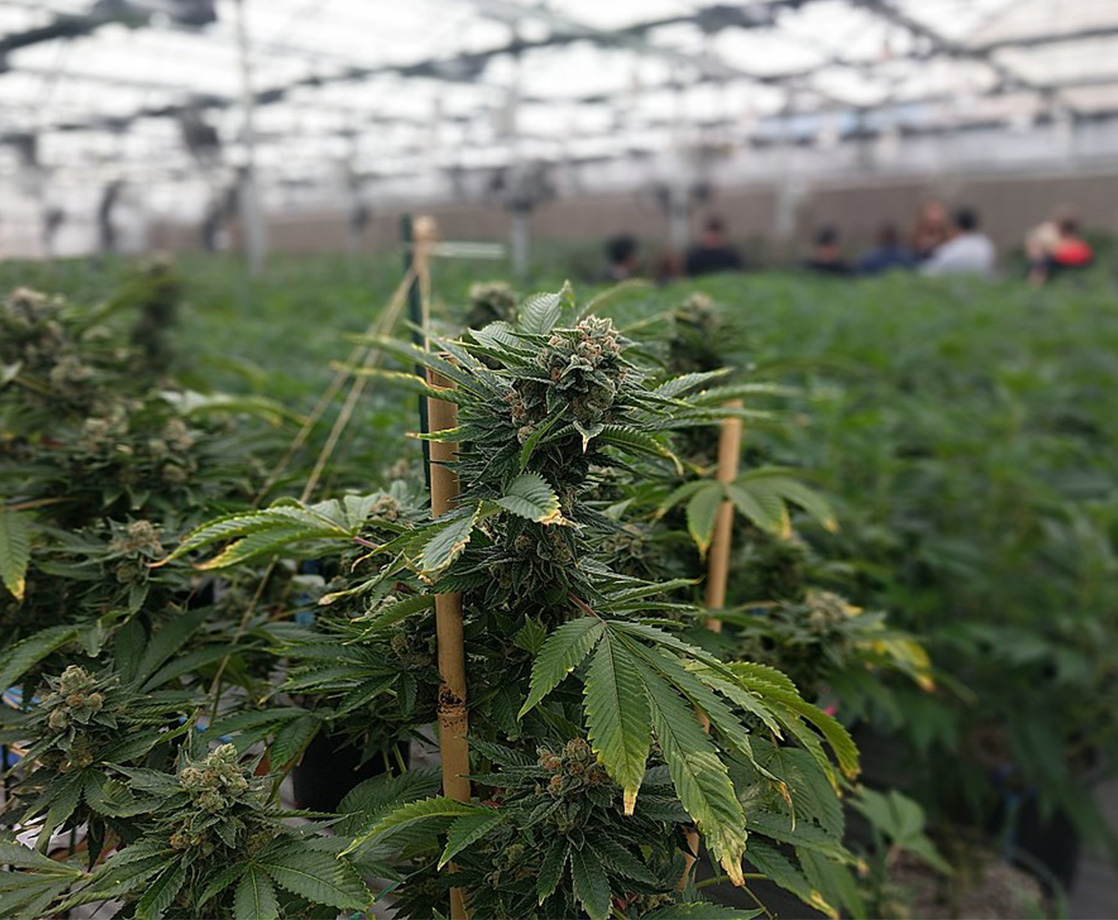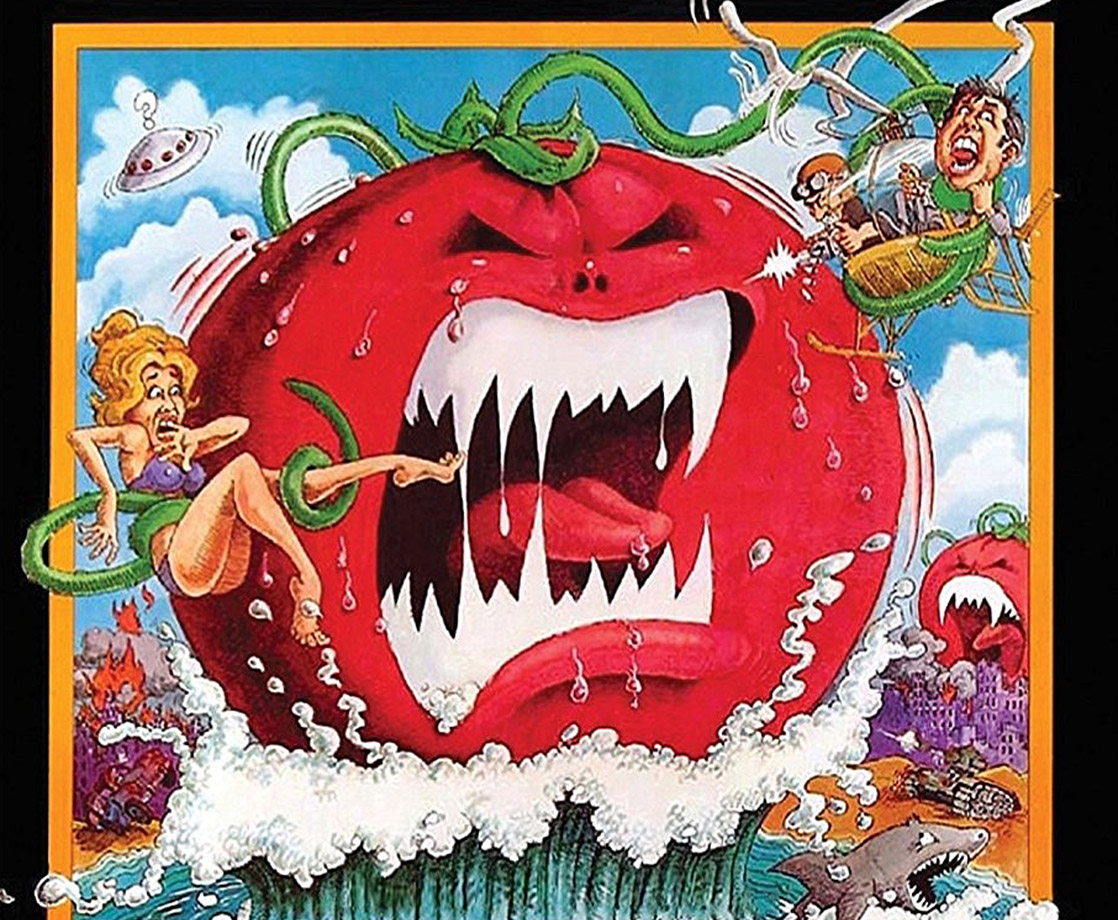While countries like Brazil and the Philippines struggle with violent drug wars, Portugal has seen dramatic decreases in the number of drug-related deaths and addiction.
A violent war has taken over the Rio de Janeiro neighborhood of Rocinha this week, as rival drug cartels fight for control of the local drug trade. The violence has been so extreme that schools and stores have shut down, leaving residents to hide in their homes until the situation is resolved. In the Philippines, thousands have been killed by police in drug raids sanctioned by President Rodrigo Duterte.
In both of these countries, the extreme prohibition of drugs has led to ever-escalating violence while failing to eradicate drug abuse. Meanwhile, in Portugal, where all drugs were decriminalized in 2001, drug use and drug-related deaths have been steadily declining. In 2009, the Cato Institute studied the repercussions of decriminalization and concluded that “the Portuguese decriminalization framework has been a resounding success.”
Eight years later, Portugal's decriminalization program has shown even more signs of success. The Portuguese Health Ministry estimated that the number of heroin addicts has decreased from 100,000 at the start of the program to 25,000 today. The total number of drug overdose deaths dropped as much as 85% in the years since drugs were decriminalized. Today, the country has the lowest drug mortality rate in Western Europe, around one-fiftieth of the drug mortality rate of the United States.
New York Times columnist Nicholas Kristof believes that the key to the country's success is that “it's incomparably cheaper to treat people than to jail them.” Kristof also noted that the absence of punishment makes it easier for addicts to ask for treatment. “Decriminalization makes all this easier, because people no longer fear arrest,” he explained.
In 2011, the Global Commission on Drug Policy released a report on various countries' efforts to control drug abuse, concluding that “the global war on drugs has failed, with devastating consequences for individuals and societies around the world.” The comparison of the extreme violence in Brazil and the Philippines to the significant reduction of drug-related deaths in Portugal highlights the need for a new approach to drug abuse prevention.











